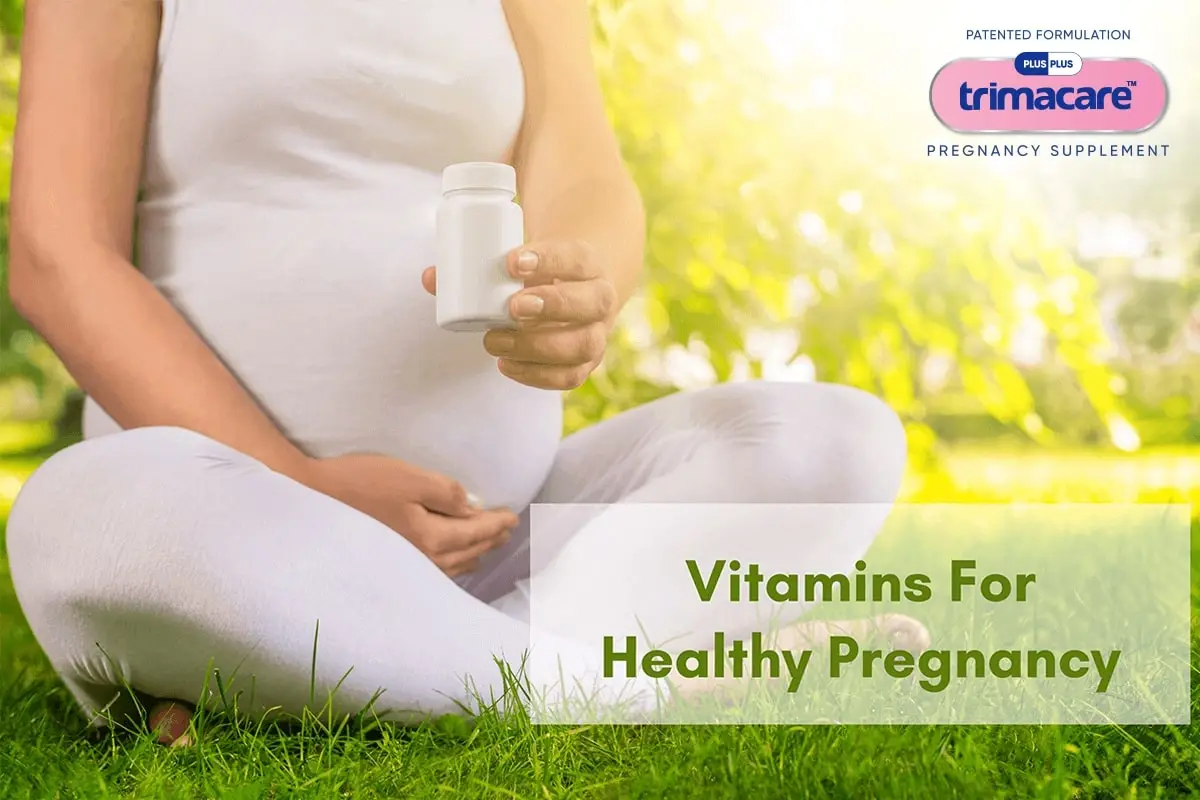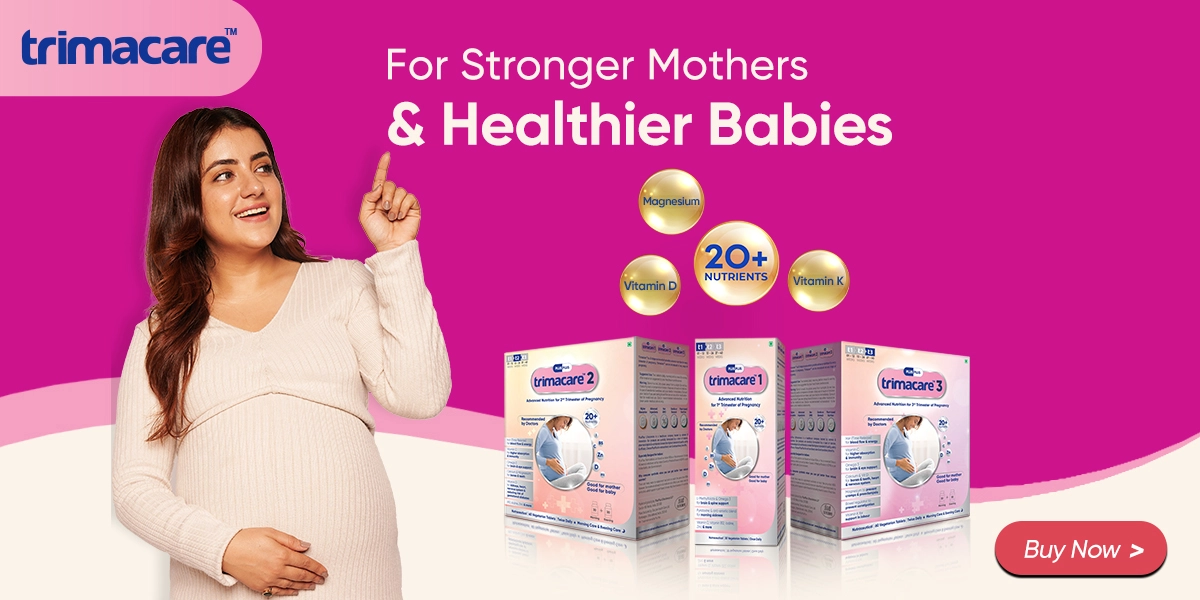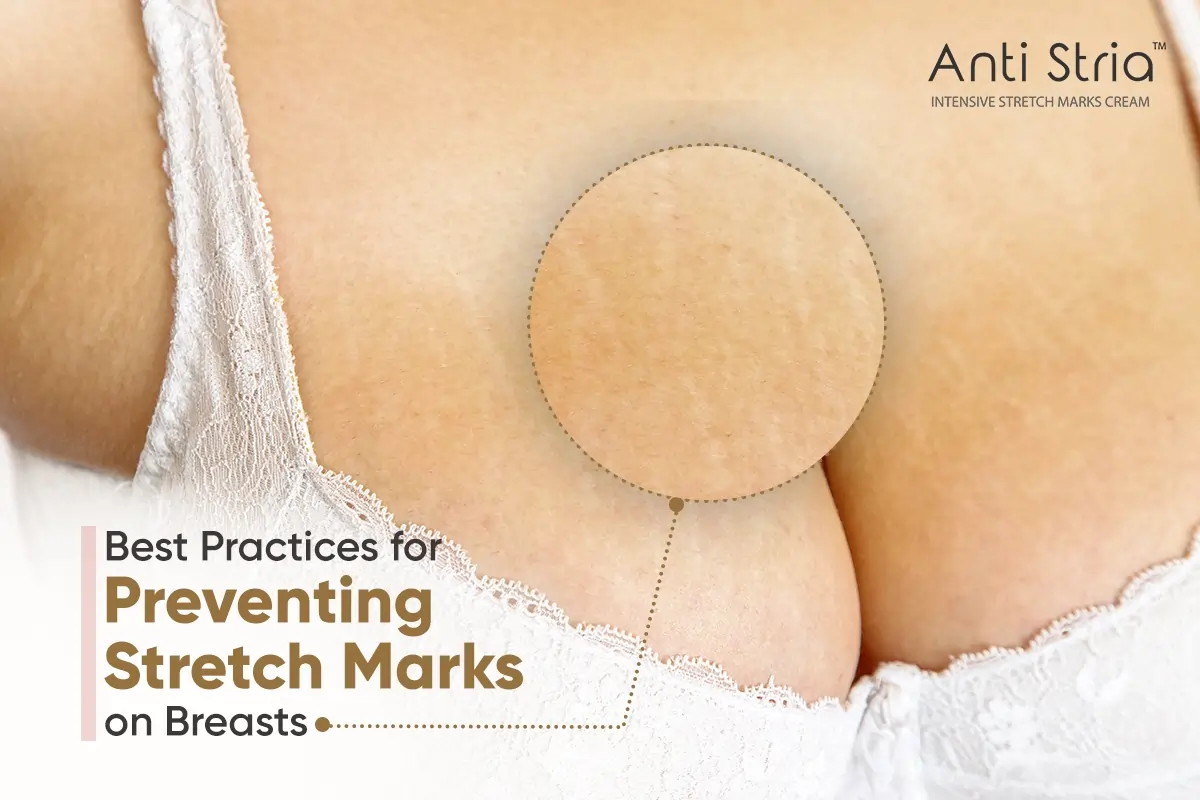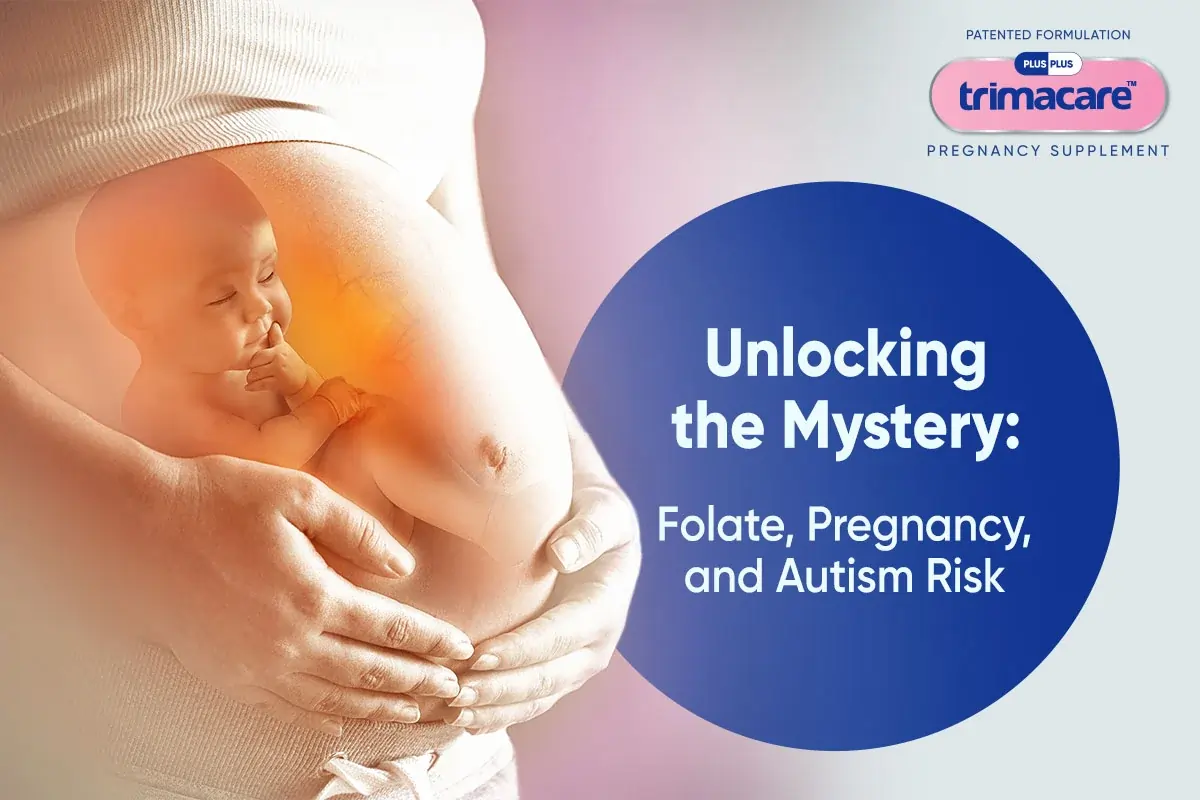Planning pregnancy can be a little overwhelming as there is a lot to take care of, especially when everyone is telling you what to do, it is very hard to follow every unsolicited advice. As you are the carrier of a new human life, you have a very important duty to provide everything your child needs to grow strong and healthy.
So, what vitamins or supplements do you need most during pregnancy? Prenatal supplements are necessary as they ascertain proper functioning, and maintenance and the essential nutrients are available to both the mother and the child. Here are some of the most important vitamins that you should take during your pregnancy:
Iron
Iron is very essential in pregnancy and it is important to take it adequately. Get your iron levels checked by your doctor and eat a ton of iron-rich fruits to make sure you have sufficient iron levels in your body. Also, don’t forget to take vitamin C-rich fruits too, as it will help you to absorb iron in your body.
Iron-rich food: It is important to make sure you incorporate lots of iron-rich food in your diet, like red meat, poultry, tofu, spinach and kale, and iron-fortified cereals, plus food high in vitamin C, like oranges, kiwi fruit, salmon, capsicum, and broccoli. Also, do consult with your doctor and take required prescriptions, and ensure you don’t take any food that you are allergic to.
Iodine
Iodine is very crucial for the development of the baby’s brain and nervous system. Pregnant women are advised to take iodine supplements, and consume iodine-rich foods like seafood, iodine-fortified bread, and iodized table salt in every trimester, and while breastfeeding too, as the mother needs to have adequate thyroid levels. Moreover, iodine is also essential for the generation of maternal and fetal thyroid hormones that govern the growth of the fetal brain.
Iodine-rich food: Hard-boiled eggs, tuna fish, fish sticks, baked potatoes, codfish, milk products, vegetables, and almost all seafood includes a decent amount of iodine, and it depends on how extensively iodine is available in the surrounding water and soil. Moreover, it is advised to include iodine supplements that contain 150 micrograms every day throughout the pregnancy and after pregnancy too while breastfeeding as it helps to regulate the thyroid gland. Remember not to overeat iodine as it can cause birth defects. Always consult your doctor and don’t forget to check if you are allergic to certain kinds of food and do not experiment.
Vitamin D
Vitamin D is fat-soluble, which is very significant for the stronger immune system, healthy bones, and cell division. All pregnant and breastfeeding women require 10 mg of vitamin D every day. Do get your vitamin levels checked before starting any supplements. Always consult your doctor for better advice. Vitamin D supplements during pregnancy are important to prevent the chances of pre-eclampsia, low birth weight, preterm birth, and other birth defects.
Vitamin D-rich food: Generally, your body absorbs the sun’s rays and utilizes them to produce all the vitamin D you require. However, the recommended intake of vitamin D during pregnancy is 600 IU or 15 mcg per day. Some natural sources of vitamin D include egg yolks, mushrooms, cow milk, soy milk, orange juice, cod liver oil, salmon, and more.
Vitamin C
Vitamin C helps in absorbing other essential nutrients required by the mother and the baby and maintains healthy cells and helps keep them strong and active. Vitamin C is very important for healthy growth and development of the child and the mother.
Vitamin C is a well-known immunity booster, it also plays a significant role in the development of the baby and decreases the threat of developing cardiovascular disease and certain cancers.
Vitamin C-rich food: Vitamin C is available in a large variety of fruit and vegetables, and a balanced diet can provide all the vitamin C you need. Some fruits and vegetables which include vitamin C are oranges, strawberries, blackcurrant, broccoli, Brussels sprouts, and potatoes.
Important advice
Before you launch your clinic and prescribe yourself a bunch of nutrients and supplements you need, it is highly recommended that you consult a gynecologist, as we all are different and our needs differ, you must take supplements accordingly. Moreover, some foods are prohibited in pregnancy, so you must be cautious of what you are eating and what nutrition does that food provide.
It is understandable that a lot of information can be a little overwhelming, however, since pregnancy is a common phenomenon you can go with general guidelines of the nutrition intake from recommended sources like W.H.O, government guidelines, or simply just consult your doctor.
Other options to get the supplements holistically
Enter Trimacare. A specially designed solution for pregnant women to provide nutrients needed by both the mother and the child.
It is different for each trimester, as your needs are unique in each trimester, and it provides all the nutrients required for a pregnant woman and her child holistically and supplements your needs perfectly.
Trimacare is made from all-natural plant-based sources with no chemicals, no side effects and it is highly absorbent. Each prenatal tablet takes care of the specific needs of the mother and child during each trimester.
Is Trimacare safe?
It is a single prenatal pill solution for all your micronutrient needs during pregnancy.
As mentioned earlier, Trimacare is 100% chemical-free, safe, made with natural ingredients. It also helps alleviate morning sickness, constipation, and fatigue. Consult your doctor before starting any kind of medication or special diet. And don’t forget to read, write, exercise, and relax.
Frequently Asked Questions:
1. What are the essential vitamins to take during pregnancy?
Fundamental nutrients to take during pregnancy incorporate folic acid, iron, calcium, vitamin D, and omega-3 unsaturated fats.
2. Why is folic acid important during pregnancy?
Folic acid is essential during pregnancy because it prevents neural tube defects, such as spina bifida, in the unborn child.
3. How much iron should I take during pregnancy?
To support the increased blood volume and prevent anaemia, pregnant women typically require approximately 27 milligrams of iron during pregnancy per day.
4. Can I get enough calcium from my diet during pregnancy?
Although a well-balanced diet can provide calcium, some pregnant women may require a calcium supplement, particularly if they don’t consume enough dairy products.
5. Why is vitamin D important during pregnancy?
Vitamin D is significant during pregnancy for the advancement of the child’s bones and teeth, as well with respect to the mother’s general wellbeing and safe capability.














